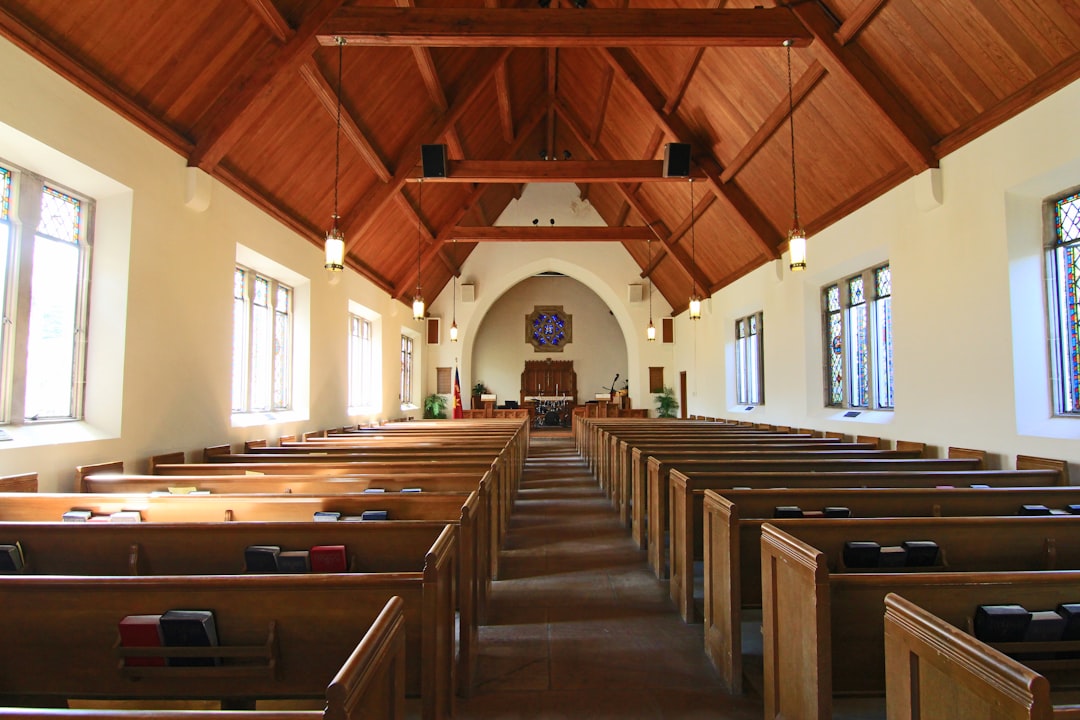In South Carolina, clergy abuse is a complex issue requiring specialized legal expertise from clergy abuse law firms. These firms assist survivors of religious figure mistreatment, balancing victim rights with respect for religious freedom under state and First Amendment laws. They offer tailored services including confidential consultations, case assessment, litigation support, and post-resolution counseling while navigating church governance structures. Through strategic evaluations, evidence gathering, and legal precedents, these firms guide victims towards justice, favorable outcomes, and closure while ensuring accountability for clergy abuse.
“In South Carolina, the issue of clergy abuse has garnered significant attention due to its profound impact on victims. This article delves into a critical evaluation of the South Carolina clergy abuse case landscape from a legal standpoint. We explore the role of specialized clergy abuse law firms in supporting survivors and navigating complex legalities. Understanding the strategies employed by both victims and their legal teams is essential, especially when confronting such sensitive matters. By examining these aspects, we aim to highlight resources available for those seeking justice.”
Understanding Clergy Abuse in South Carolina: A Legal Perspective

In South Carolina, clergy abuse is a serious issue that requires a nuanced legal perspective. Cases involving mistreatment by religious figures within the state have garnered significant attention due to their complex nature and the unique challenges they present. Many victims of clergy abuse seek justice through legal channels, turning to specialized clergy abuse law firms South Carolina for assistance. These firms are equipped to navigate the intricate web of church-state relationships and help individuals recover from emotional trauma caused by trusted religious leaders.
The legal landscape surrounding clergy abuse cases is shaped by state laws and the First Amendment’s establishment clause, which provides a framework for balancing religious freedom and the protection of victims’ rights. South Carolina’s statutes offer guidelines on consent, privacy, and accountability within religious institutions. Understanding these legal aspects is crucial when evaluating clergy abuse cases, as it ensures that justice is served while respecting the boundaries set by the constitution.
The Role of Clergy Abuse Law Firms in South Carolina

In the context of South Carolina, clergy abuse law firms play a pivotal role in addressing and rectifying cases of spiritual exploitation and misconduct within religious communities. These specialized legal entities are equipped to handle complex issues surrounding sexual abuse, emotional manipulation, and other forms of harm inflicted by religious leaders. With a deep understanding of both secular and canonical laws, they guide victims towards justice and healing.
The presence of competent clergy abuse law firms in South Carolina ensures that victims have access to legal representation tailored to their unique needs. These firms offer a range of services, including confidential consultations, case assessment, litigation support, and post-resolution counseling. Their expertise in navigating the intricate web of church governance structures enables them to help victims seek accountability from perpetrators and repair the harm caused by clergy abuse.
Evaluating Cases: Strategies for Victims and Their Legal Teams

When navigating a clergy abuse case in South Carolina, victims and their legal teams must employ strategic evaluation methods to ensure justice. The first step involves gathering comprehensive evidence, including documentation of any misconduct, witness statements, and relevant legal precedents set by similar cases. This process demands meticulous attention to detail, as even seemingly insignificant details can hold significant weight in court.
Legal professionals specializing in clergy abuse law firms South Carolina offer invaluable expertise in this domain. They guide victims through the complexities of the legal system, ensuring all aspects of the case are thoroughly assessed and presented. These strategies aim to protect victims’ rights while maximizing the chances of a favorable outcome, providing closure and accountability for the abuse suffered.





